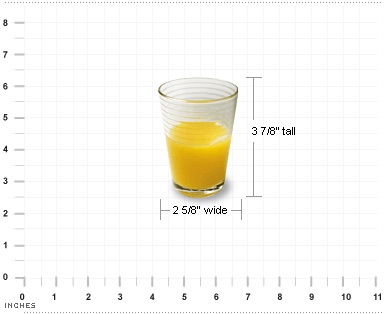Amy Dirks on Making Smart Choices: Yes or No? Is Juice Great for Soccer Players?
Nutrition information for soccer players from Amy Dirks. Is juice good for soccer players? Here is the answer …
Have a question about the best nutrition for soccer players? Just email Amy or visit Amy Dirks Sports Nutrition.
Clearing The Confusion On Juice For Soccer Players
There seems to be quite a bit of confusion around juice and whether it’s healthy or not. Rightfully so, juice does come from fruits and vegetables after all, so isn’t it good for you?
The answer to this question is equally confusing … Yes and No.
SOCCER NUTRITION: Explore the Positives of Drinking Juice:
Let’s look at the positives of drinking juice first since I’m a glass half full kind of girl…
- Juice is easily digestible
- Many juices do provide micronutrients and antioxidants
- Several types of juices have slight performance-enhancing or recovery benefits
- Juice is tasty and easy to drink, making it simple to incorporate

The Scoop On Juice for Soccer Players of All Ages:
Beet juice: The nitric oxide enhances cardiorespiratory performance by opening up blood vessels, increasing blood flow and taking more oxygen to active muscles.
Many athletes have shown a performance improvement by using beet juice, typically consumed prior to the activity.
Beet juice can be particularly helpful when exercising in elevation. There are several beet powder products on the market that can make intake easy, especially when traveling.
Orange Juice: This juice contains immune-boosting Vitamin C and phytonutrients. It also has a little sodium and significant potassium, making it a great pre-workout hydrator.
I usually recommend athletes have a little OJ with their pre-workout breakfast, but only ~4-6 ounces. It can also be diluted with water to decrease calories and increase hydration.
Look for orange juice that is 100% juice and extra pulp. Skip the orange-flavored drinks from concentrate that has less % of actual juice.
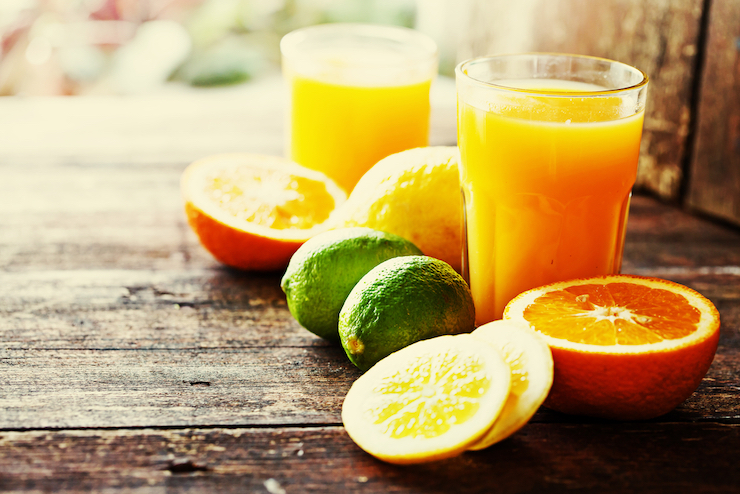
Side note-juices “not from concentrate” means the fresh juice goes directly to the bottle, “from concentrate” means they squeezed and then filtered the juice, removing some of the water and then rehydrated and packaged. I believe the less processed version (of anything) is typically better for you.
Read: SOCCER NUTRITION: BONE BROTH IS THE ULTIMATE RECOVERY DRINK
Tart Cherry Juice: This juice has anti-inflammatory properties as well as anti-oxidative properties, meaning it’s a great choice for athletes for recovery.
Tart Cherry Juice can help with inflammation and arthritis-type pain, reduce swelling, boost immunity.
It can even help you sleep! Again, look for 100% tart cherry juice with no added sweeteners, not cherry juice cocktails with added sugar and preservatives. Add tart cherry juice to your post-workout smoothie or have a small glass before bed.
Tomato Juice: This juice contains the antioxidant lycopene, which helps with oxidative stress from hard workout sessions as well as prostate health for males.
Tomato juice also contains a significant amount of sodium so it can be a decent choice to consume after sweating for over an hour. You could even pick a bowl of tomato soup with your post-recovery meal…which can be served cold on a hot day or warm on a cold day.
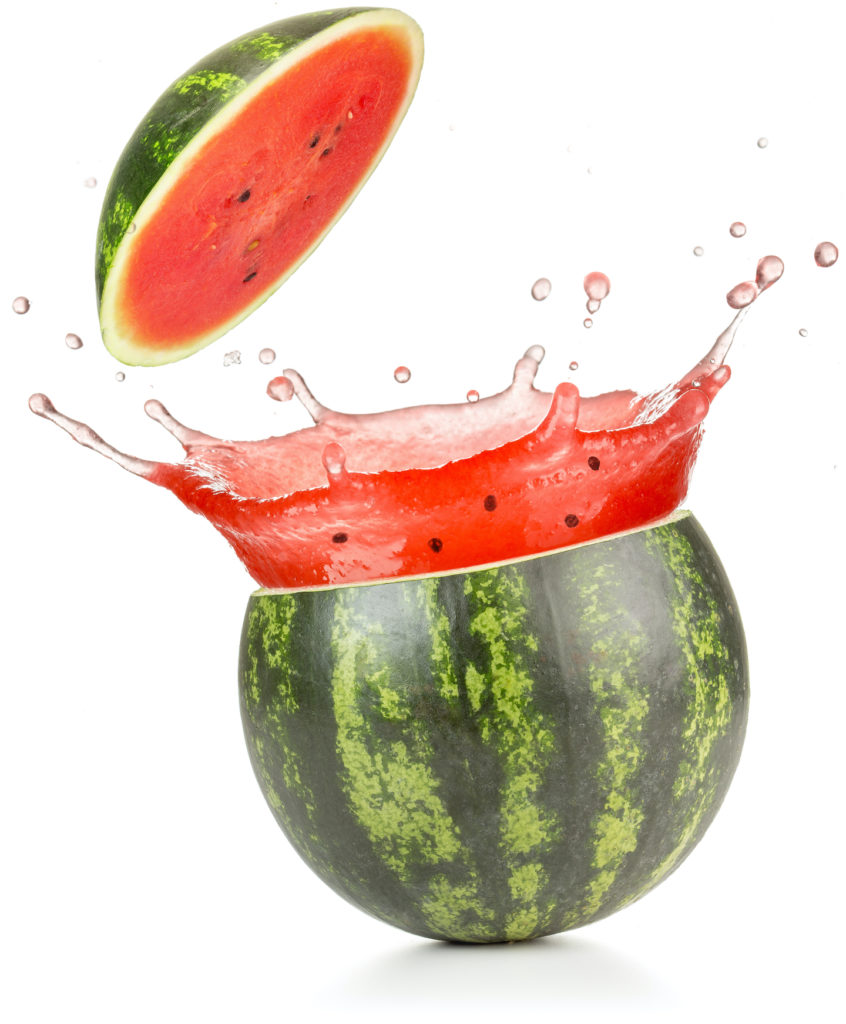
Watermelon Juice: This juice can be a great hydrating juice, especially when practicing or performing outside in the heat as watermelon has high water content.
Watermelon Juice is alkalinizing and can help the kidneys, immunity, and produce energy.
Be careful with this juice if drinking before or during activity as a little goes a long way. It can cause some GI distress if too much is consumed.
Green Juices/Cucumber Juice: Cooling, alkalinizing, and provides multiple micronutrients.
Green juices tend to have less sugar since it’s mostly vegetables over fruit.
Although drinking green juices is not AS beneficial as eating the vegetables themselves, if you are someone who isn’t a veggie fan (keep trying to make yourself a veggie lover!), green juice can be an alternative.
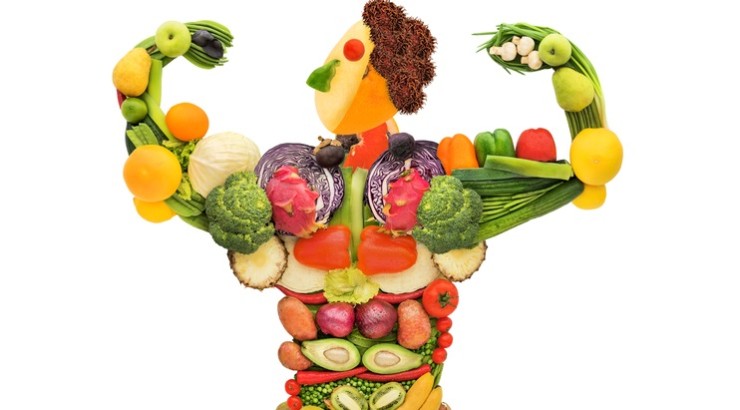
Fresh pressed juices and raw are best but there are several Greens powder products, such as Oganifi, that can be added to drinks or mixed with water for similar benefits.
I recommend watering down any juice you drink, making your own electrolyte drink with juices, honey, and sea salt, using a hand juicer or buying an electric juicer to create fresh juices at home, and/or incorporating juices into your diet by using them in salad dressings, smoothies, or even putting fresh fruit (or veggies like cucumber) in your water.
Now, Let’s Explore the Negatives of Drinking Juice:
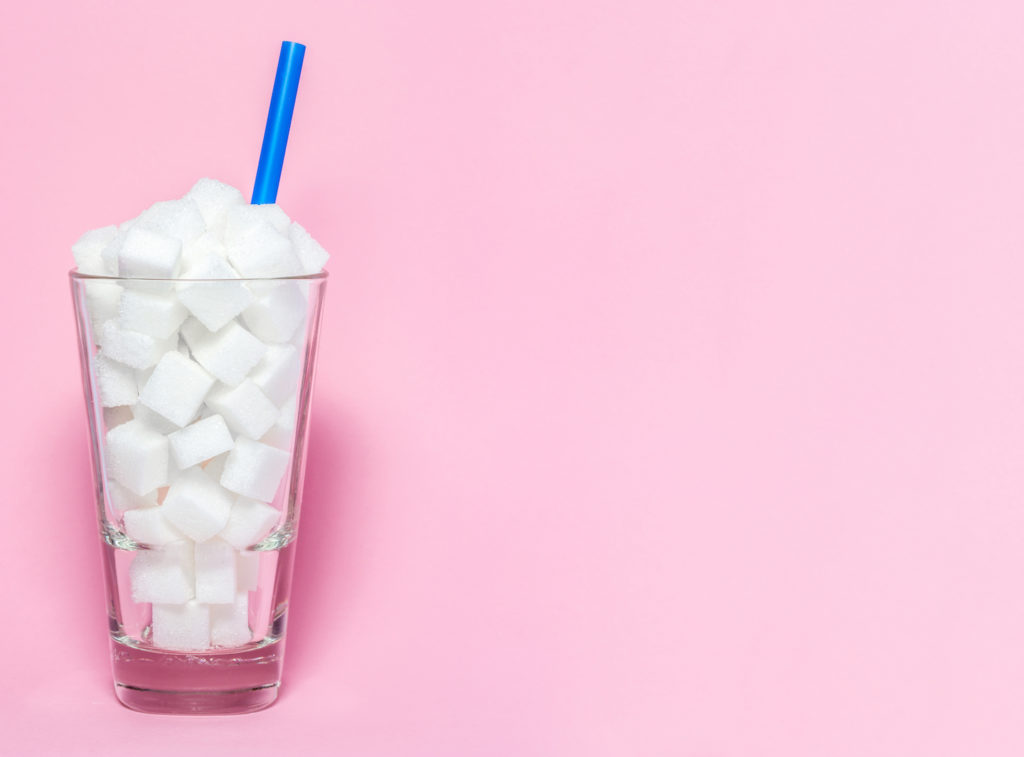
- The fiber is removed; drinking juice does not replace the benefits of eating the whole fruit/vegetable
- Many store bought juices undergo multi-step processing (the more processed, the less nutrients)
- The fructose can cause belly troubles
- The sugar content is high which can lead to increased weight gain/fat mass over time
- The sugar in juice can also contribute to blood sugar issues over time
Although juice does contain more nutrients than soda, the body will treat the sugar in juice just as it does the sugar in soda.
Read: NUTRITION FOR SOCCER PLAYERS: IS SODA REALLY BAD FOR ATHLETES?
Therefore, moderation is still key if incorporating juice into your diet.
Use the positive benefits of the different types of juices to your athletic advantage but be mindful of the negatives as well!
As with most, too much of a good thing can be bad.
Here is a good source of additional information: Choose My Plate – Orange Juice – ½ cup of 100% orange juice counts as ½ cup fruit
